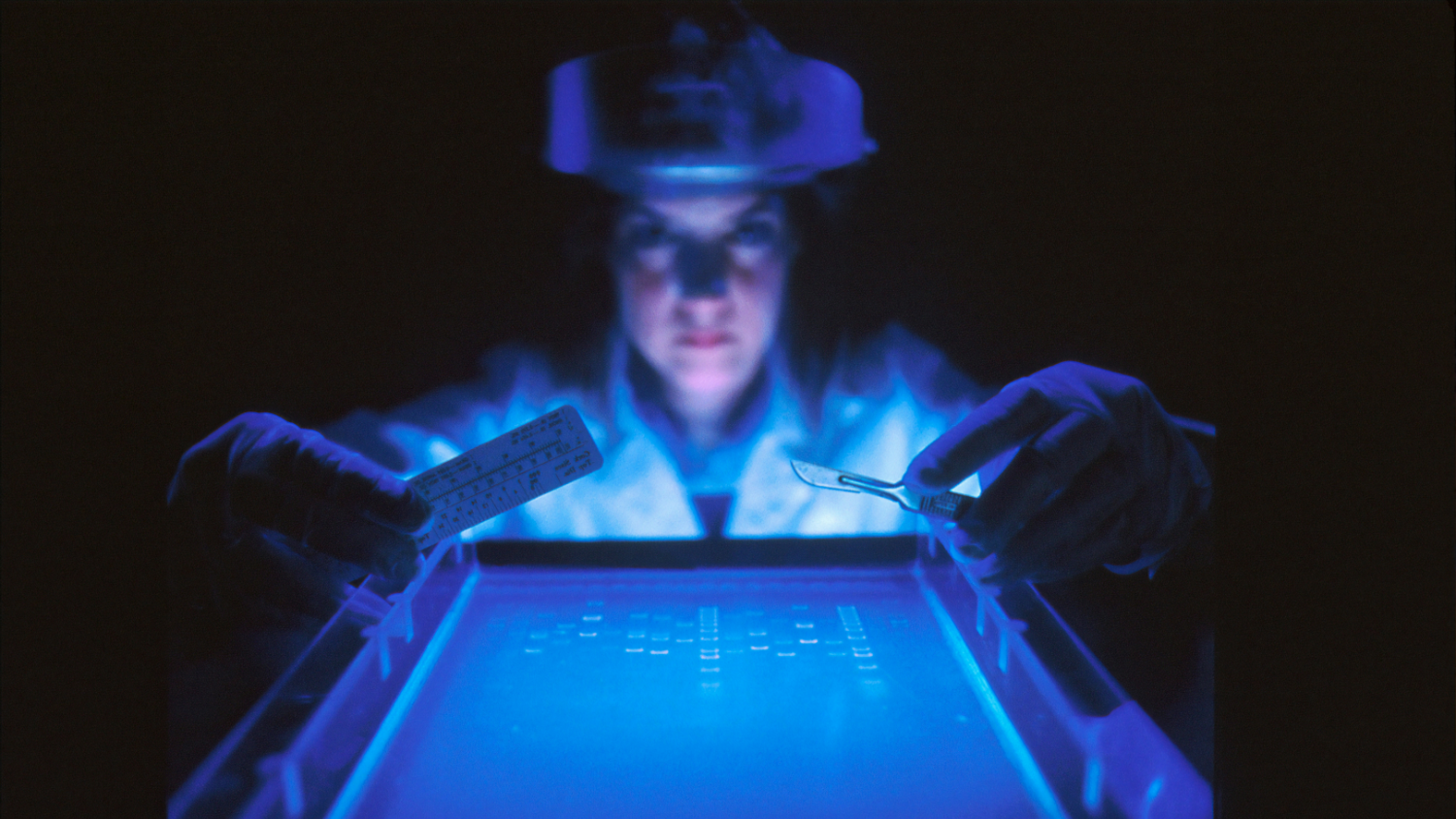The Critical Role of Medical-Grade Materials in Advancing Healthcare
.png?width=50)
In the healthcare industry, the materials used in medical devices and equipment are far more than mere components—they are foundational to patient safety, treatment efficacy, and the overall progress of medical science.
The selection of these materials directly impacts the success of medical applications, from implants to diagnostic tools, and plays a vital role in the development of innovative healthcare solutions.
Medical-grade materials are meticulously selected and engineered to meet stringent safety and regulatory standards. These materials must be compatible with biological systems, ensuring they do not trigger adverse reactions when in contact with the human body. The functionality and reliability of medical devices often hinge on these carefully chosen materials, which are designed to perform specific tasks under demanding conditions.
Whether it’s the biocompatibility of titanium in joint replacements or the transparency and durability of polycarbonate in protective gear, medical-grade materials are at the heart of the devices and tools that healthcare professionals rely on daily. Understanding the properties and applications of these materials is crucial for anyone involved in the design and manufacture of medical products.
This blog explores the top medical-grade materials shaping modern healthcare and the critical factors to consider when choosing the right materials for medical products.
Top Medical-Grade Materials and Their Applications
Stainless Steel
Properties: Known for its strength, durability, and corrosion resistance, stainless steel is a staple in the medical industry. Its biocompatibility ensures minimal risk of rejection or allergic reactions.
Applications: Stainless steel is commonly used in surgical instruments, orthopedic implants, and medical devices that require long-term durability and resistance to bodily fluids.
https://www.advent-rm.com/en-GB/Products/Alloys/Stainless-Steel-AISI-316L
Titanium
Properties: Titanium’s high strength-to-weight ratio, corrosion resistance, and non-magnetic nature make it ideal for medical use. It is particularly valued for its biocompatibility, which allows it to integrate well with bone and tissue.
Applications: Titanium is widely used in joint replacements, dental implants, and surgical instruments. Its ability to withstand the harsh conditions of the human body makes it a preferred material for implants that require longevity and stability.
https://www.advent-rm.com/en-GB/Products/Pure-Metals/Titanium
Polycarbonate (PC)
Properties: This thermoplastic is transparent, impact-resistant, and can withstand high temperatures, making it suitable for sterilization. Its durability and clarity are key in applications requiring optical precision.
Applications: Polycarbonate is used in the production of medical devices such as incubators, face shields, and surgical instrument lenses. Its impact resistance also makes it ideal for protective medical gear.
Polyetheretherketone (PEEK)
Properties: PEEK is known for its high mechanical strength, radiolucency (does not interfere with imaging), and chemical resistance. These properties make it highly suitable for demanding medical environments.
Applications: PEEK is used in orthopedic implants, spinal devices, and dental prosthetics. Its ability to endure heavy loads while remaining biocompatible and radiolucent makes it a preferred choice in medical imaging and long-term implants.
https://www.advent-rm.com/en-GB/Products/Polymers/Polyetheretherketone-PEEK
Magnesium
Properties: Magnesium is lightweight and has excellent biocompatibility, making it ideal for applications where a temporary support structure is needed. It can also dissolve in the body over time, reducing the need for follow-up surgeries.
Applications: Magnesium is primarily used in orthopedic implants, such as screws and plates, which provide structural support during healing before gradually being absorbed by the body. It is also explored in cardiovascular stents for its biodegradable properties.
https://www.advent-rm.com/en-GB/Products/Pure-Metals/Magnesium
Polyvinyl Chloride (PVC)
Properties: PVC is highly versatile, chemically resistant, and durable, making it suitable for a wide range of medical applications. Its ability to be molded into various forms allows for flexibility in medical device manufacturing.
Applications: PVC is extensively used in medical tubing, disposable medical devices, and packaging. Its durability and chemical resistance are critical in ensuring the reliability of products like IV bags, catheters, and sterile containers.
Choosing the Right Material for Medical Products
Selecting the right material for medical products involves considering several factors, including biocompatibility, sterilization resistance, mechanical strength, and chemical resistance. Each application may require a different set of properties, so understanding the specific needs of the medical device or implant is crucial.
The choice of materials in the medical field is not just about meeting functional requirements; it’s about ensuring patient safety, improving treatment outcomes, and pushing the boundaries of what is possible in healthcare. Materials like stainless steel, titanium, and advanced polymers like PEEK and PC are at the forefront of medical innovation, offering the reliability and performance that medical professionals and patients depend on.
As the medical industry continues to evolve, the development and application of advanced materials will remain a critical factor in the ongoing effort to enhance patient care and medical outcomes.
